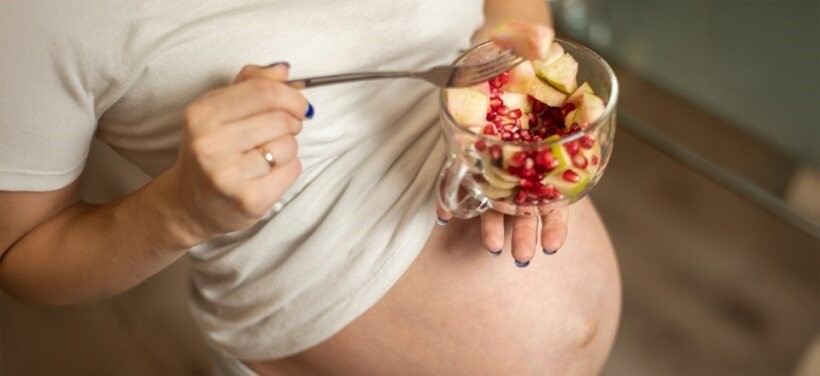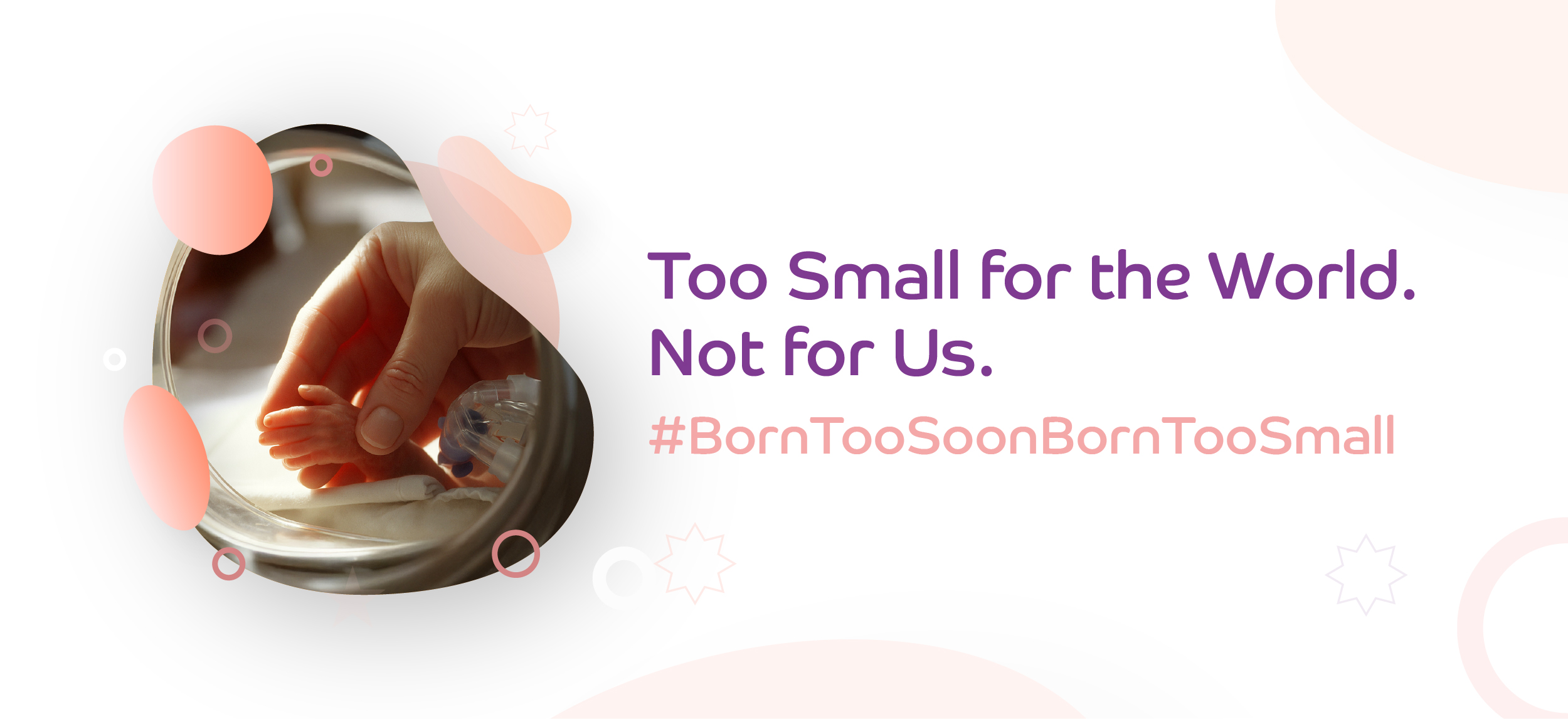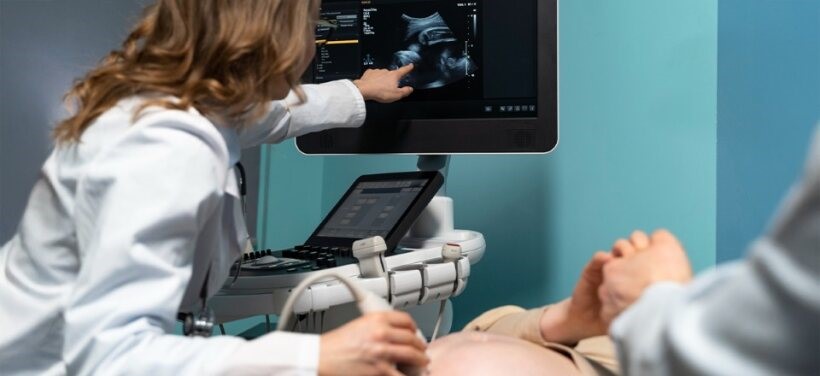Categories
Hemoglobin in Pregnancy: Why It Matters and How to Maintain Healthy Levels
Aug 06, 2025
When you are pregnant, everyone tells you to “eat well, rest more, stay positive.” And all that is true. But hidden in your blood, there is something else quietly deciding how much energy you have and how healthy your baby will be. And that most important component is hemoglobin.
You didn’t think about it much until a doctor at a Women’s Health Clinic casually mentioned, “Your hemoglobin looks a little low.” It sounded like one of those medical numbers you just nod at. Trust us, it matters a lot.
When your hemoglobin in pregnancy is at the optimum level, it means oxygen for you and oxygen for your baby. If it is low, you feel tired but is often seen as a pregnancy symptom.
The tricky part is, during pregnancy, your blood volume almost doubles. In some cases, the hemoglobin levels dip and that is when it is clinically diagnosed by your doctor as anemia.
And anemia during pregnancy isn’t something to brush off it can lead to low birth weight, preterm delivery of the baby, and sometimes even cause complications to the mother during labour.
Iron foods are your friends. Spinach, beetroot, beans, dates, lean meat, all of that. Even jaggery in small amounts, is a good source of iron. However, check with your doctor or nutritionist if you were diagnosed with gestational diabetes to know how much jaggery is too much.
Pair with Vitamin C. Orange juice with your dal, lemon on greens it really does help iron get absorbed.
Supplements. Most women get prescribed iron and folic acid. Yes, they sometimes cause constipation or nausea but skipping them only makes things harder later.
Cut down tea/coffee with meals. Yeah! We know it’s tough. You love your chai, but tannins block iron. A cup of tea an hour before or after meals is usually better.
Don’t forget B12 and folate. These vitamins quietly work in the background to make new red blood cells.
Some women manage with just diet; others need tablets or even iron injections. There isn’t one formula that fits all.
Pregnancy is already like a rollercoaster ride. Your body, your mood, your sleep, everything changes. So, if your doctor says your hemoglobin is low, don’t panic. It doesn’t mean you have done something wrong. It just means your body is asking for a little more care.
Disclaimer: This blog aims to provide general information and should not be considered a substitute for professional medical advice, diagnosis, or treatment. Always consult a qualified healthcare provider about your health. If you think you may be experiencing a medical emergency, seek immediate help.
4) Why does hemoglobin dip in pregnancy—and what’s “normal”?
Blood volume rises fast, so levels can look diluted. Aim to stay around 11–13 g/dL (your doctor will read this with your stage and symptoms). Regular tests catch drops early and guide tweaks.
You didn’t think about it much until a doctor at a Women’s Health Clinic casually mentioned, “Your hemoglobin looks a little low.” It sounded like one of those medical numbers you just nod at. Trust us, it matters a lot.
Why Hemoglobin Matters More Than You Think
Hemoglobin is the special protein inside red blood cells that gives blood its bright red colour and, more importantly, carries oxygen from your lungs to every part of the body. You can think of it like a tiny delivery truck. Each hemoglobin molecule is built from four smaller protein units, and each of these hold a heme group with iron at its center. That iron is what grabs onto oxygen and makes sure it reaches the tissues that need it.When your hemoglobin in pregnancy is at the optimum level, it means oxygen for you and oxygen for your baby. If it is low, you feel tired but is often seen as a pregnancy symptom.
The tricky part is, during pregnancy, your blood volume almost doubles. In some cases, the hemoglobin levels dip and that is when it is clinically diagnosed by your doctor as anemia.
And anemia during pregnancy isn’t something to brush off it can lead to low birth weight, preterm delivery of the baby, and sometimes even cause complications to the mother during labour.
What’s a “Normal” Level Anyway?
The recommended levels of hemoglobin in pregnancy should stay between 11 and 13 g/dL.What Happens When Your Hemoglobin Is Low?
Well, listen to your body. Pregnancy brings in many symptoms like fatigue, dizziness but do not rule out the possibility of lower levels of hemoglobin. If you notice you are constantly drained, your lips look pale, or you are panting after climbing one flight of stairs, it might be less hemoglobin in pregnancy and not “just pregnancy.”What Can You Actually Do?
The good thing is, improving hemoglobin in pregnancy isn’t rocket science. It’s about food, small habits, and supplements if your doctor feels they are needed.Iron foods are your friends. Spinach, beetroot, beans, dates, lean meat, all of that. Even jaggery in small amounts, is a good source of iron. However, check with your doctor or nutritionist if you were diagnosed with gestational diabetes to know how much jaggery is too much.
Pair with Vitamin C. Orange juice with your dal, lemon on greens it really does help iron get absorbed.
Supplements. Most women get prescribed iron and folic acid. Yes, they sometimes cause constipation or nausea but skipping them only makes things harder later.
Cut down tea/coffee with meals. Yeah! We know it’s tough. You love your chai, but tannins block iron. A cup of tea an hour before or after meals is usually better.
Don’t forget B12 and folate. These vitamins quietly work in the background to make new red blood cells.
Some women manage with just diet; others need tablets or even iron injections. There isn’t one formula that fits all.
Why Regular Check-Ups Make the Difference
One visit to a Women’s Health Clinic at BirthRight By Rainbow could honestly save a lot of stress later. Regular blood tests mean your doctor can catch low hemoglobin before it becomes a bigger issue. And your doctor will also know what works best for you sometimes, be it adjusting supplements, sometimes it’s dietary tweaks.Pregnancy is already like a rollercoaster ride. Your body, your mood, your sleep, everything changes. So, if your doctor says your hemoglobin is low, don’t panic. It doesn’t mean you have done something wrong. It just means your body is asking for a little more care.
Disclaimer: This blog aims to provide general information and should not be considered a substitute for professional medical advice, diagnosis, or treatment. Always consult a qualified healthcare provider about your health. If you think you may be experiencing a medical emergency, seek immediate help.











